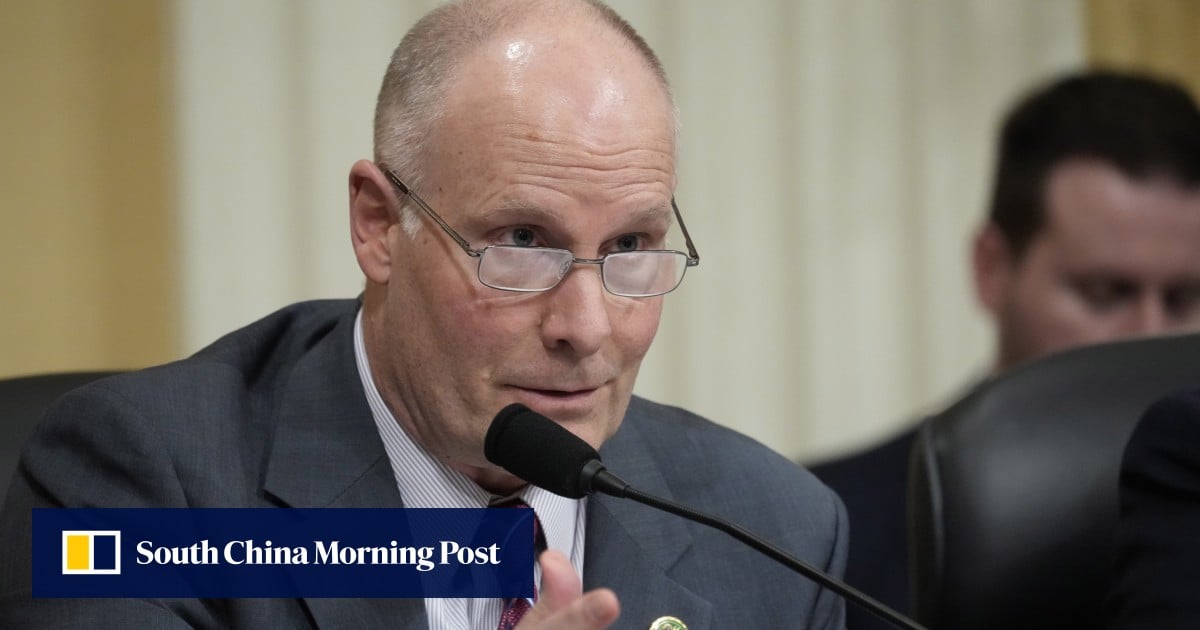Congressional Concerns: John Moolenaar’s Call to Action
Representative John Moolenaar, who chairs the House Select Committee on the Chinese Communist Party (CCP), is making headlines with his recent appeal to seven prominent American universities. Among these institutions is Dartmouth College, where Moolenaar urges school leaders to reassess their partnerships with the Chinese Scholarship Council (CSC). This move is viewed as part of a broader congressional effort aimed at addressing national security concerns tied to the increasing prominence of Chinese students in U.S. academic settings.
The Background of the Appeal
Moolenaar, a Republican from Michigan, has taken a firm stance since assuming leadership of the committee. He prioritizes efforts to redefine and potentially sever U.S.-China academic partnerships. The context of this action lies in rising fears about national security—specifically regarding the potential flow of sensitive information and technology.
In letters addressed to university presidents, Moolenaar articulates his concerns by highlighting the CSC’s role in facilitating educational exchange through state-funded scholarships. These scholarships allow Chinese students to pursue advanced degrees in the United States, thereby creating connections that some lawmakers fear could lead to espionage or unauthorized access to American technology.
The Specifics of Moolenaar’s Letters
In his correspondence, Moolenaar outlines several key points he wants the universities to address:
- Review of Contracts: He requests comprehensive details about existing agreements between the universities and the CSC.
- Background on Students: The Congressman asks for information regarding the Chinese entities from which CSC-sponsored students hail and the roles these individuals assume upon graduation.
- Research Involvement: He seeks clarity on whether these students are involved in any U.S. government-funded research projects.
- Alignment with U.S. Interests: Lastly, Moolenaar is interested in how these university partnerships align with broader U.S. national interests.
These requests indicate a call for greater transparency and accountability from universities as they navigate international partnerships.
The Targeted Institutions
The universities that Moolenaar has called upon to reconsider their relationships with the CSC include not only Dartmouth College but also a range of other respected institutions:
- Temple University
- University of California, Davis
- University of California, Irvine
- University of California, Riverside
- University of Notre Dame
- University of Tennessee
These schools have established connections that enable Chinese students to pursue advanced degrees across various disciplines, including agriculture, engineering, public health, liberal arts, and sociology.
The Role of the Chinese Scholarship Council
In August, the CSC announced plans to select up to 240 outstanding Chinese students for master’s or doctoral programs at these institutions. Notably, the financial burden for these programs may be shared between the CSC and the respective U.S. schools, making the initiative economically viable for students seeking education abroad.
Moolenaar’s concerns stem from the volatile relationship between the U.S. and China, particularly regarding technology transfer and academia. He points out a "long track record" of the CCP’s various tactics—including legal and illegal means—to acquire sensitive U.S. technology. This encompasses talent recruitment programs and partnerships directly linked to military objectives, raising alarms across political lines about the potential consequences of such collaborations.
The Broader Implications
The implications of Moolenaar’s calls extend beyond academic partnerships; they challenge the fundamental notion of international education as a bridge between cultures. While fostering global understanding, there are rising apprehensions about how educational exchanges could inadvertently serve the interests of foreign governments, particularly those viewed unfavorably by U.S. lawmakers.
Moolenaar’s actions reflect a significant shift in U.S. policy perspectives regarding academic exchanges with China—a dialogue that balances the benefits of educational collaboration against the pressing need for national security. As universities weigh these concerns, they must navigate a complex landscape where academic integrity and geopolitical realities intersect.


